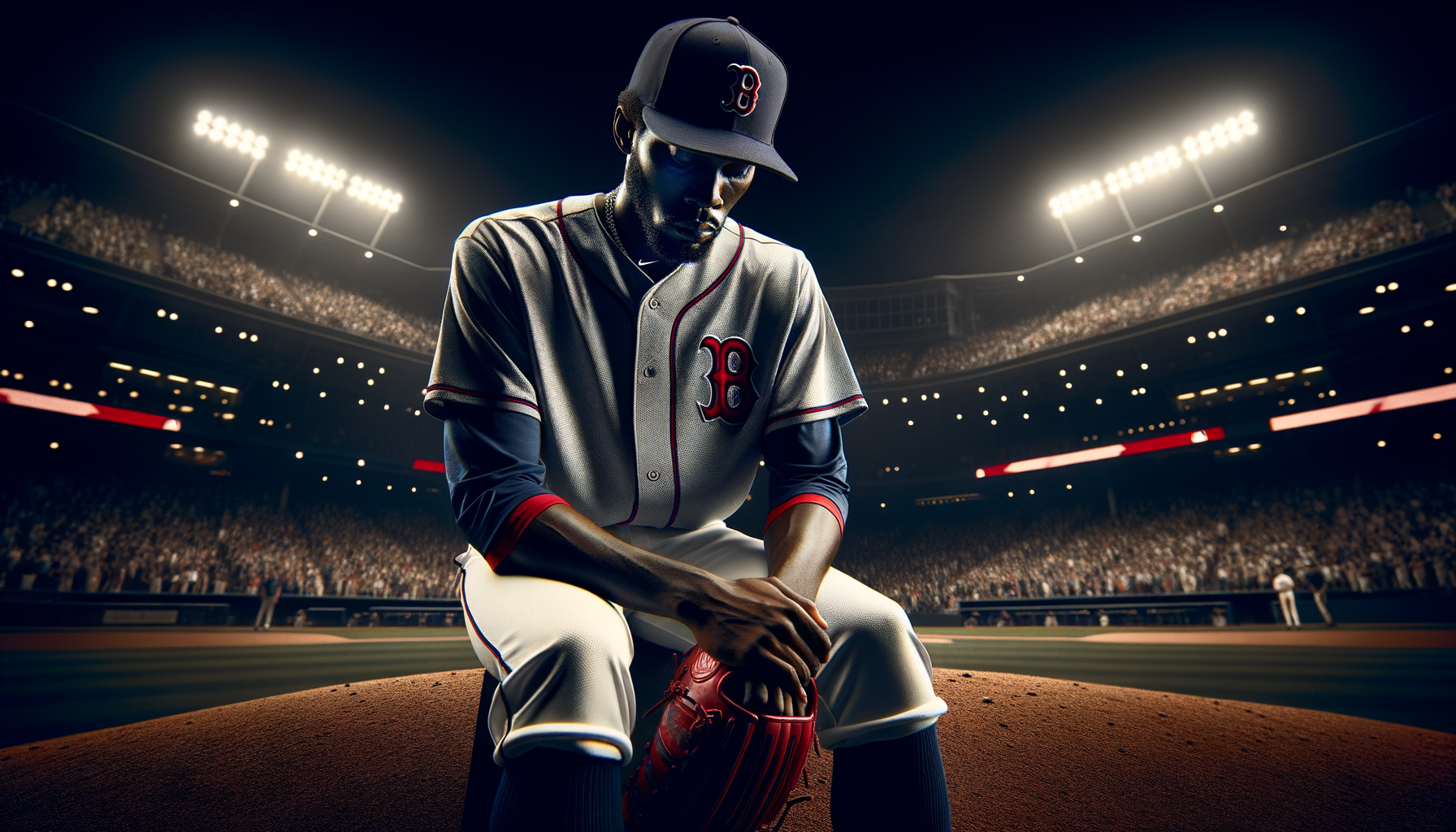
The Braves fell to the Orioles 3-2 on July 5 as Spencer Strider faltered and Matt Olson's 33-game on-base streak ended. Is this loss the breaking point for their injury-plagued pitching staff?
StatPro MLB Beat Reporter
It wasn't just another loss. The 3-2 defeat to the Baltimore Orioles on Friday night felt like a symptom of a much larger problem, a flashing red light on the dashboard of the Braves' season. While the bats remained frustratingly quiet and a notable on-base streak came to an end, the real story unfolded on the mound and in the front office, where the question of who will pitch next for this injury-ravaged team has no easy answer.
In their last eight games, the Braves are just 2-6 and have been outscored while plating a mere 18 runs.
The game itself played out a painful narrative. Spencer Strider, the team's ace, looked mortal, surrendering two home runs to Jordan Westburg and Cedric Mullins after going five straight starts without allowing one. Even a two-run homer from Drake Baldwin in the sixth wasn't enough to spark a comeback against a tough Orioles club, with former Brave Charlie Morton tossing five scoreless innings. The loss was punctuated by Matt Olson's 0-for-4 night, snapping his impressive 33-game on-base streak and deepening the sense of offensive malaise.
The loss magnifies a terrifying reality: the Braves are running out of arms. The starting rotation, once a source of strength, is in shambles. Chris Sale (fractured ribs), Reynaldo López (shoulder surgery), and AJ Smith-Shawver (season-ending elbow surgery) are all on the injured list, leaving a gaping hole in the pitching staff. This puts immense pressure on Strider and the bullpen, who are being asked to carry an unsustainable load.
In years past, the Braves' 'next man up' mentality was fueled by a productive farm system. But as the big league club scrambles for solutions, the well appears to have run dry, particularly on the pitching side. Despite a draft focus on arms, no MLB-ready replacements are kicking down the door in Gwinnett. This forces the team into unenviable positions, like contemplating a bullpen game or a speculative call-up for Saturday's crucial matchup against the Orioles, a move that feels more like a patch than a solution.
The one undeniable positive is the electrifying return of Ronald Acuña Jr. He's playing at an MVP level, a one-man wrecking crew doing everything he can to drag the team to victory. But baseball is the ultimate team sport. Acuña's heroics can't pitch the middle innings or drive himself in from second base. His stellar performance only serves to highlight the glaring voids elsewhere on the roster, particularly the black hole where the starting rotation used to be.
As the Braves look ahead to Saturday, the immediate question is who takes the ball. But the larger, season-defining question looms: how will the front office address this pitching catastrophe? With the trade deadline approaching, the pressure is mounting. The Braves are still a team loaded with talent, but without reliable starting pitching, their championship aspirations are fading fast. The next few weeks won't just determine the outcome of a few games; they could define the entire 2025 season.